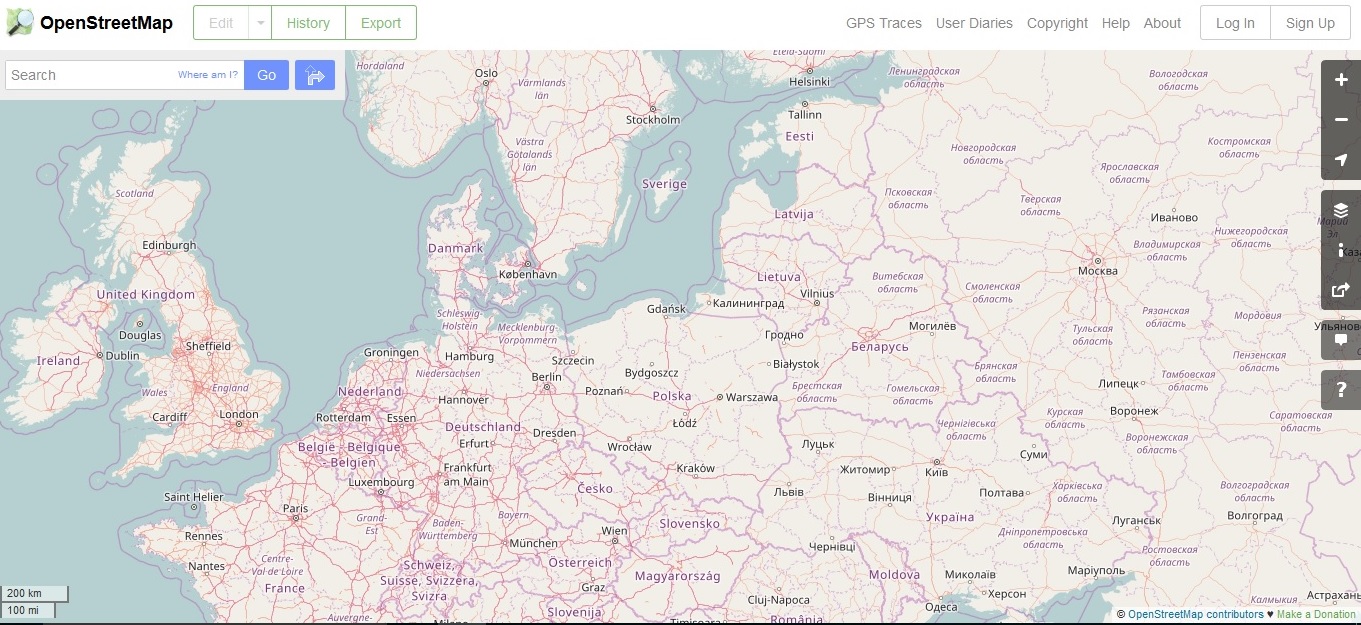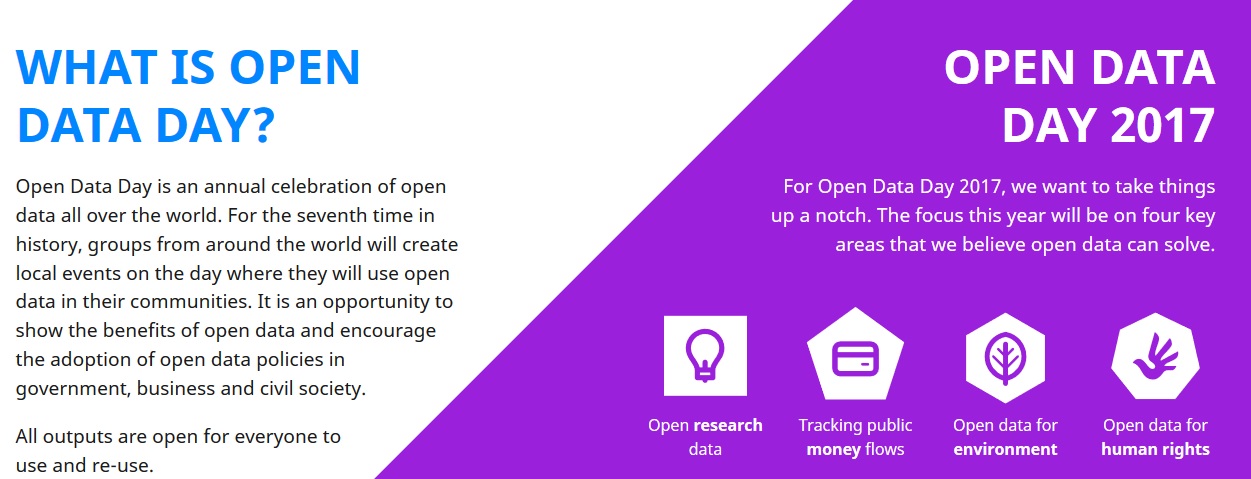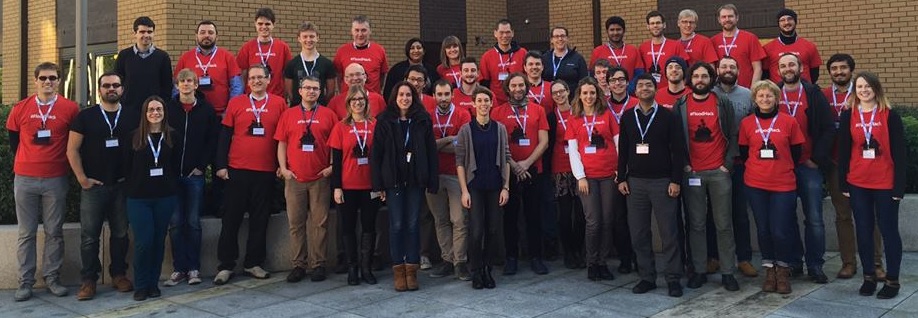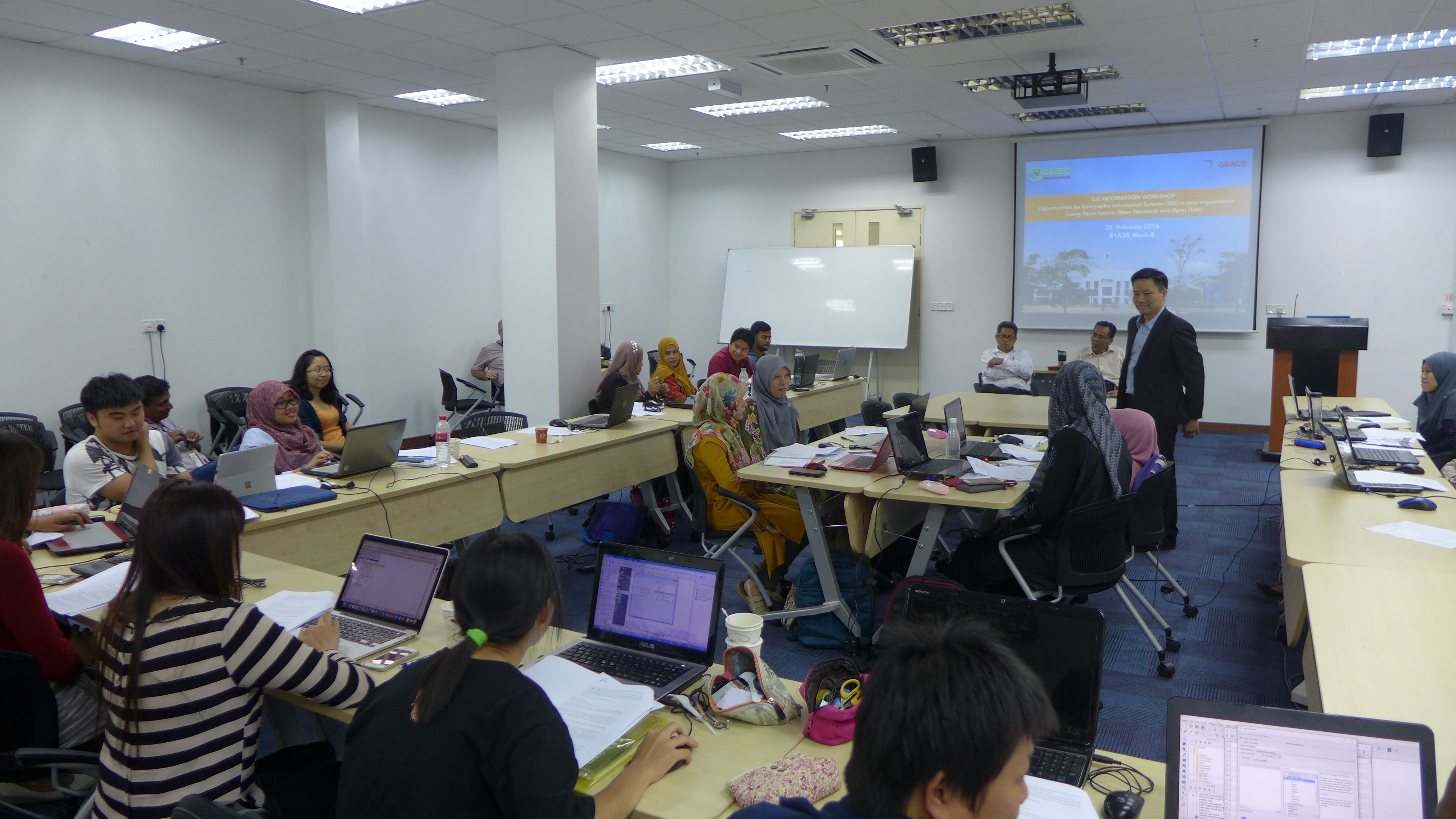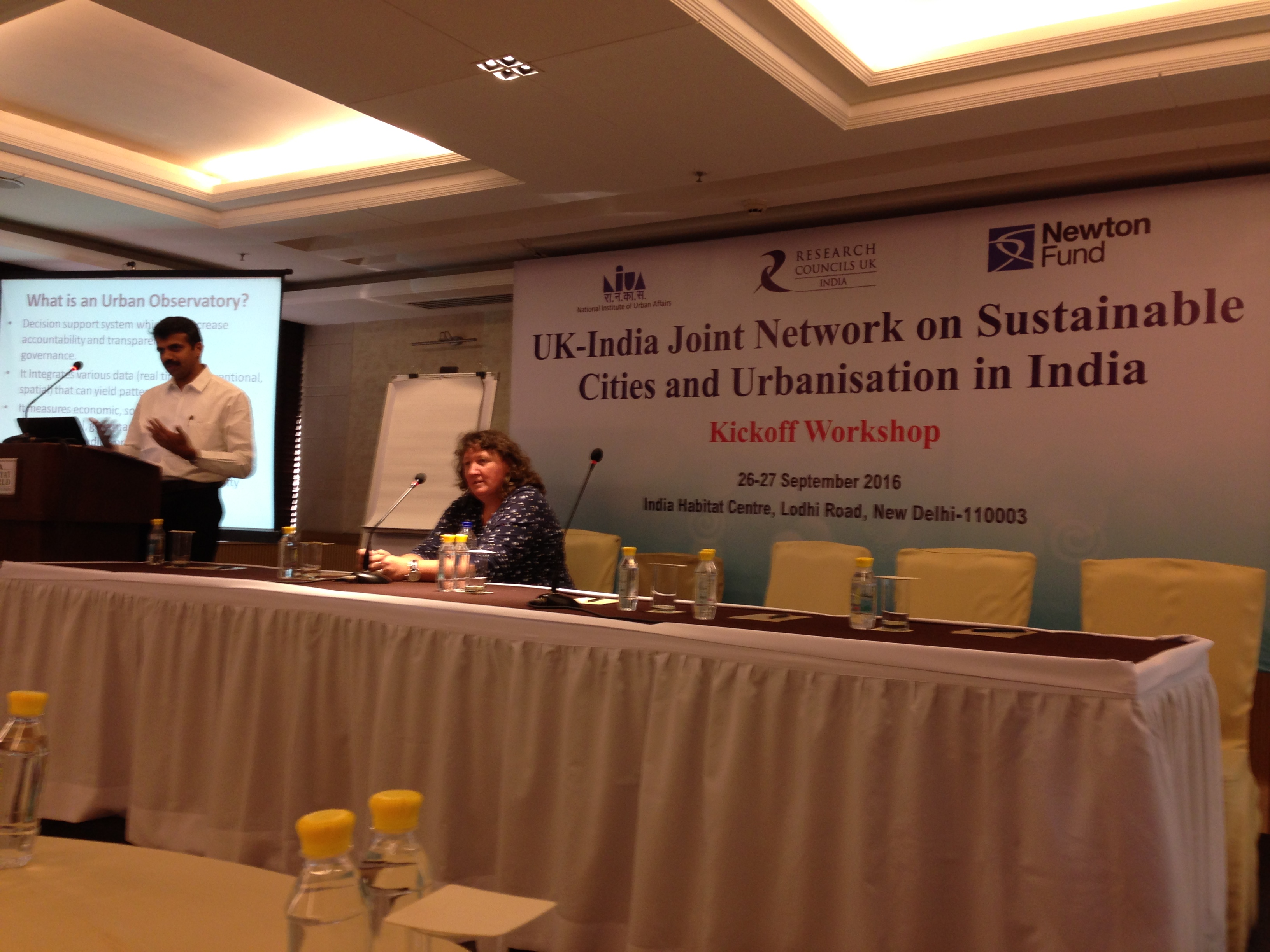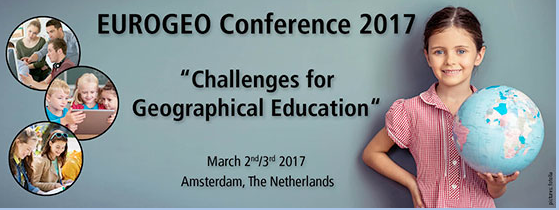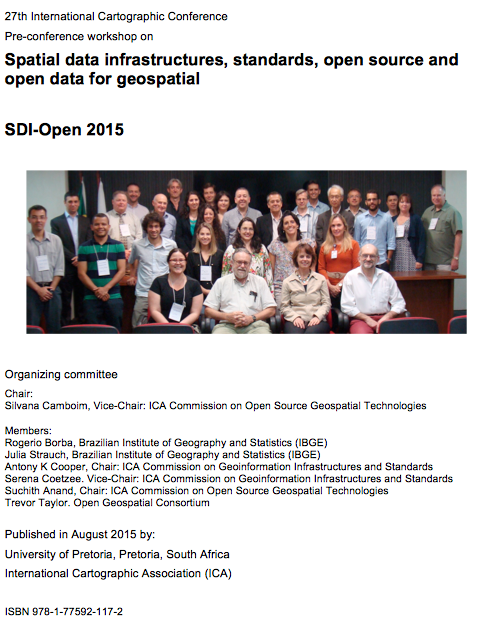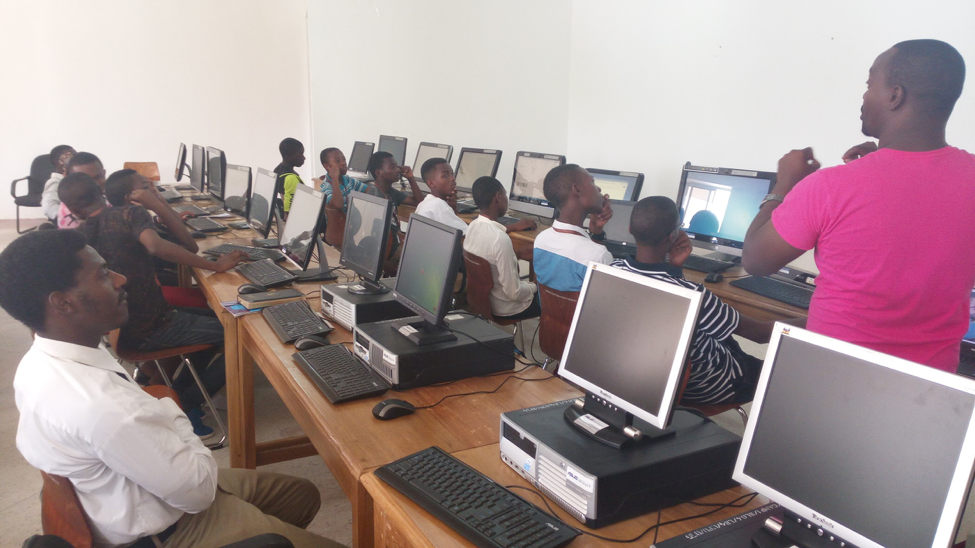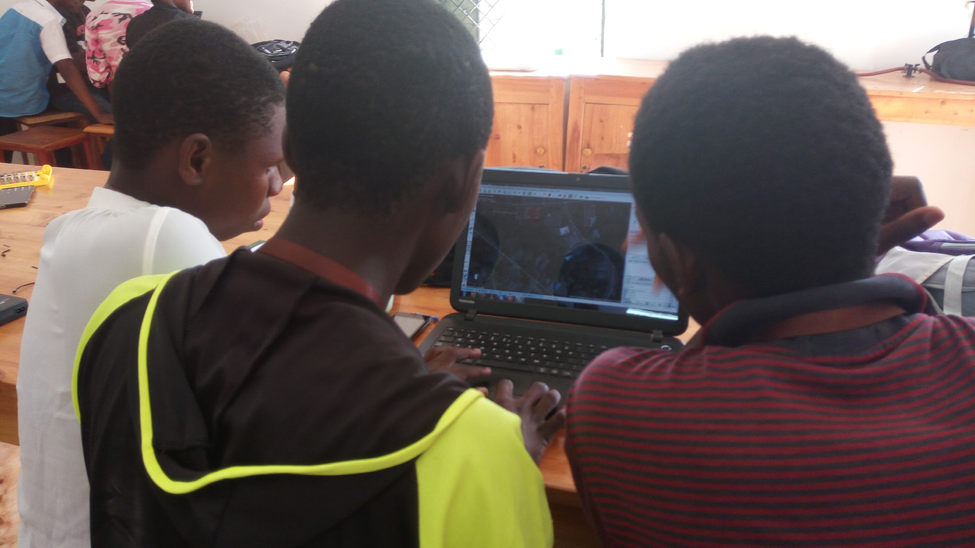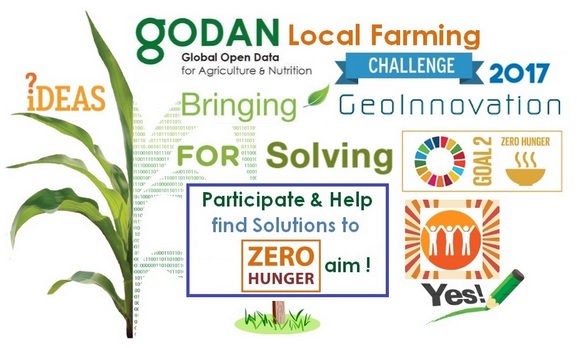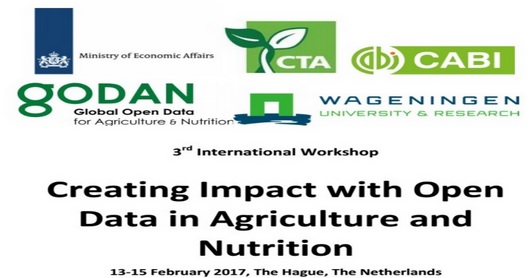It is my great pleasure, to introduce our colleagues at GEOlab (Geomatics and Earth Observation laboratory, http://geolab.como.polimi.it) at the Politecnico di Milano, Italy as our “GeoForAll” lab of the month. GEOlab is a multi-disciplinary, multi-department research group established at Politecnico di Milano, Italy focused on collecting, modeling, analysing and representing Earth observations. Core research includes the following topics: GIS, cartography, global gravity models, GNSS (monitoring and navigation), remote sensing, photogrammetry, and signal processing.
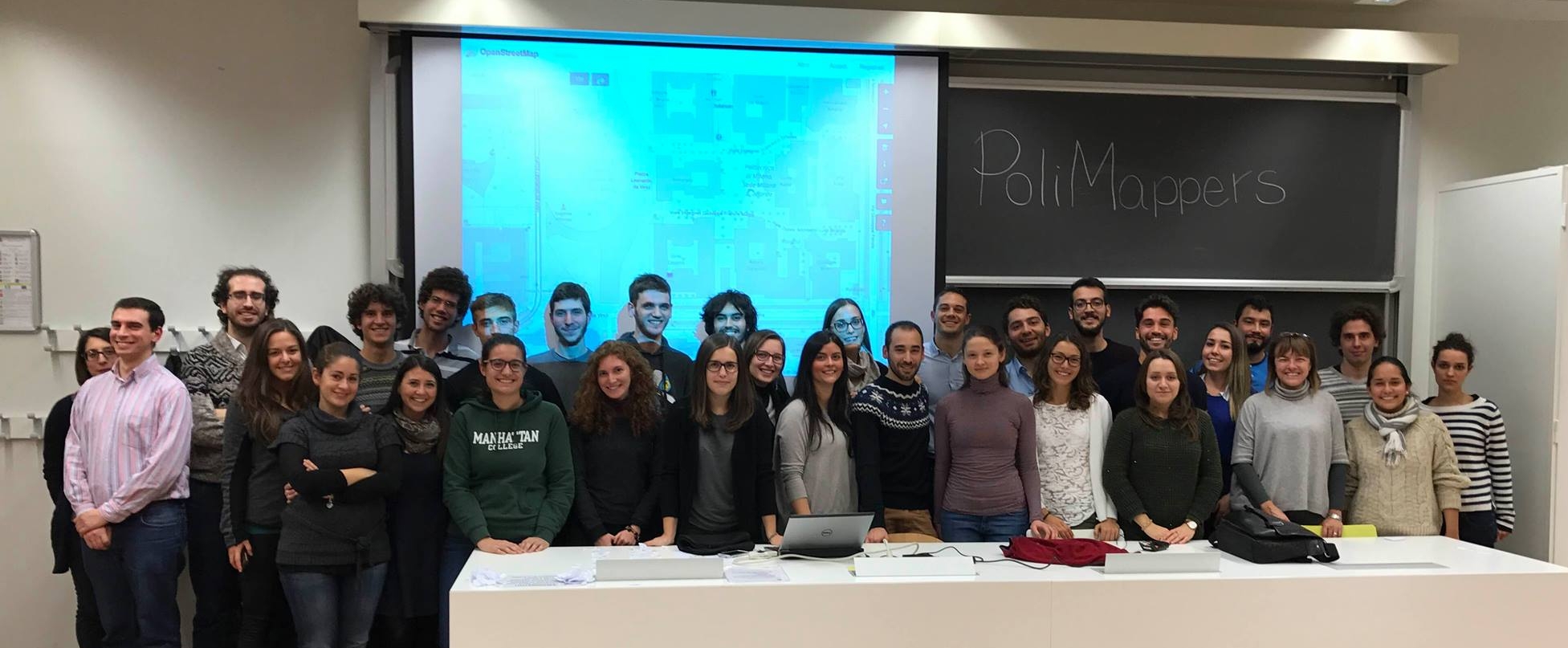
Fig 1 – Polimappers @ GEOlab
The GIS research group, lead by Prof. Maria Antonia Brovelli and Dr. Marco Minghini, is active in the research fields of Web Mapping, multi-dimensional visualization and virtual globes, spatial statistics, Volunteered Geographic Information (VGI), geo-crowdsourcing and Citizen Science. The team has a long and outstanding tradition in the use and development of open source geospatial solutions. The main software packages used include GRASS GIS, QGIS, PostGIS, GeoServer, MapServer, OpenLayers, Leaflet, PyWPS, istSOS, Rasdaman, and NASA World Wind.

Fig 2 – FOSS4G-Europe participants
GEOlab is a great example of linking GeoForAll synergies with all key initiatives in Europe and globally. In addition to GeoForAll, GEOlab is officially affiliated to the AGILE network of laboratories. Members of the GIS GEOlab team are personally involved in a number of national and international associations, including SIFET (Italian Society for Photogrammetry and Topography), ASITA (Italian Federation of Scientific Associations for Environmental Information), GIT (Geosciences and Information Technologies), OSGeo (Open Source Geospatial Foundation), ISPRS (International Society of Photogrammetry and Remote Sensing), ICA (International Cartographic Association), HOT (Humanitarian OpenStreetMap Team), UN-GGIM (United Nations Global Geospatial Information Management) Academic Network, and UN Open GIS.
Some projects which are currently ongoing or just finished include giCASES – Creating a University-Enterprise Alliance for a Spatially Enabled Society, funded by Erasmus+ programme of the European Union; URBAN GEO BIG DATA (Urban Geomatics for Bulk Information Generation, Data Assessment and Technology Awareness), funded by the Italian Ministry of Education; MIGRATE (MIGRation pATterns in Europe) and City Focus, developed within the MYGEOSS project, which has received funding from the EU H2020 research and innovation programme; and The Paths of Regina – Crossborder paths linked to Via Regina, funded by the Interreg Italy-Switzerland Co-operation Programme 2007- 2013.
GEOlab is active in many other fields. Over the last couple of years a number of humanitarian mapathons were organized by the GEOlab staff thanks to the links with HOT, e.g. for the OSM GeoWeek 2015 and 2016 and after the earthquakes in Nepal and Ecuador. A very special and successful mapathon with more than 200 ,10-year old children was held in March 2016, see this post on HOT’s blog. (see Fig 3 and 4)
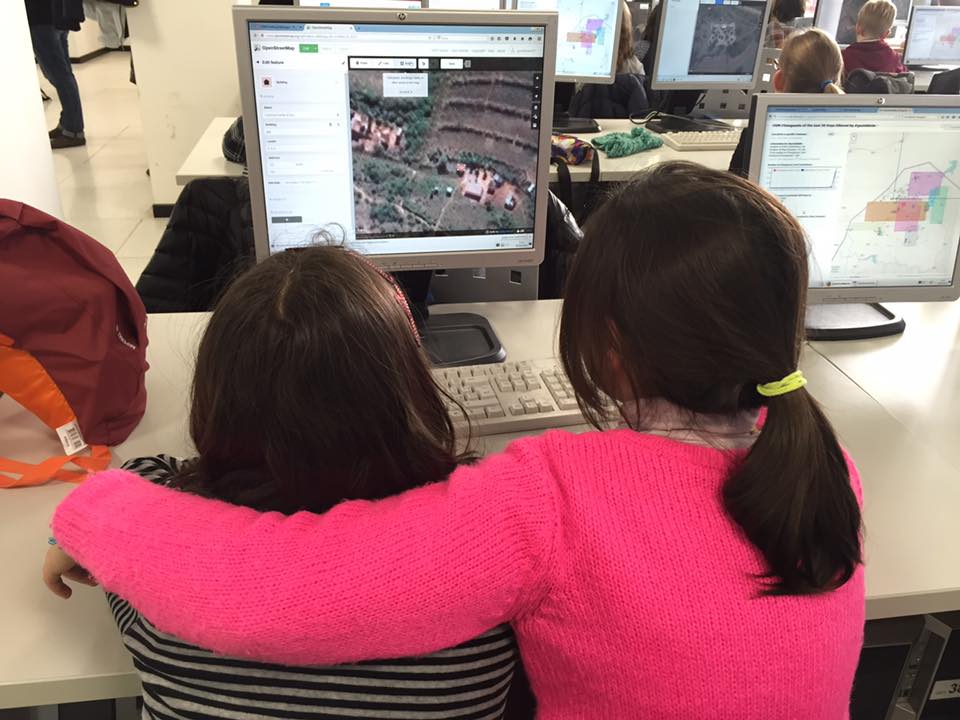
Fig 3 – Kids Map Swaziland for Malaria Elimination
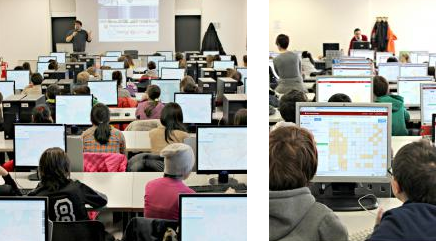
Fig 4 – Kids Map Swaziland for Malaria Elimination
Members of the GEOlab team have recently founded PoliMappers, the first European chapter of the YouthMappers students’ network having the purpose of building a young generation of mappers through open source and open data (OpenStreetMap). GEOlab organized a number of activities for the last MeetMeTonight, a national event where all Italian universities opened their activities to the public. Also, members of GEOlab have participated as speakers to local TED events, see e.g. this speech of Prof. Brovelli at TEDxLakeComo 2015 and this one of Dr. Minghini at TEDxYouth@LakeComo in 2012.
Since the first edition in 2013, GEOlab is among the organizers of the popular NASA World Wind Europa Challenge, which looks for urban management solutions developed using World Wind‘s open source technology and serving the EU INSPIRE Directive. GEOlab has also organized a number of conferences in the field of GIS and open source geospatial software: the First Meeting of the Italian GRASS users in 2000, the WebMGS 2010 – 1st International Workshop on Pervasive Web Mapping in 2010, Geoprocessing and Services, and the FOSS4G Europe 2015. Finally, since 2016 a new MSc Degree in Geoinformatics Engineering (fully taught in English and welcoming students from all over the world) has been established at Politecnico di Milano, where GEOlab staff is primarily involved in teaching.
On behalf of the GeoForAll community, we thank Maria, Marco and all colleagues from the GEOlab and for their contributions to the GeoForAll initiative and look forward to working and building more collaborations with all interested on this education mission.
Best wishes,
Suchith Anand

